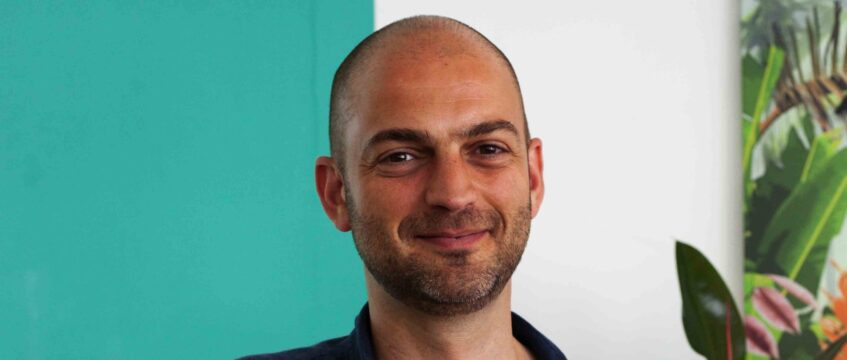How to put people power at the heart of partnerships
COMMENT If you are in the business of partnership working and find yourself spending a lot of time worrying about what your contracts say, evidence suggests you might have a problem.
In the course of our work, entering and advising on development project partnerships, we found a body of research undertaken by a group of Dutch academics that looked at whether particular contract characteristics had any bearing on the performance of public-private regeneration partnerships.
By analysing the form and function of joint venture contracts and interviewing the people involved, they arrived at two conclusions.
COMMENT If you are in the business of partnership working and find yourself spending a lot of time worrying about what your contracts say, evidence suggests you might have a problem.
In the course of our work, entering and advising on development project partnerships, we found a body of research undertaken by a group of Dutch academics that looked at whether particular contract characteristics had any bearing on the performance of public-private regeneration partnerships.
By analysing the form and function of joint venture contracts and interviewing the people involved, they arrived at two conclusions.
The first was: “The form of co-operation taken is only of limited importance to the outcomes achieved” (from a work by Michiel Kort and Erik Hans Klijn in 2011).
The second was: “The possibility of sanctions and complexity [of the contracts] both have a negative impact on performance and innovativeness…” whereas “… flexibility and the possibility of negotiation both had a positive effect on performance and innovativeness” (according to Klijn and Joop Koppenjan, writing in 2016).
This last point is worth some attention. If you set up a contract that is overly concerned with the potential consequences of underperforming, there is a higher likelihood the project will underperform. If the contract is flexible and there is scope to renegotiate, people feel more empowered to focus on the outcomes and how these might be achieved in the face of adversity.
This does not mean we have to dilute the presence or severity of sanctions, but we should be ensuring there are opportunities for reflection and adjustment to allow for change and innovation to occur.
Held to higher standards
In short, we should worry just as much about culture, empathy and motivation as we do about contracts, clauses and covenants.
This represents a shift in how we structure, procure and behave in projects and requires a strength of leadership across the industry. It is on us collectively to hold ourselves to higher standards of integrity and trust. In part, this is what the B Corp community is striving for.
From the outset we need to think more explicitly about how we combine the drafting of contracts with the identification of the right people and the building of trust – and how we assess this during the process.
We think this starts with asking the right questions to make sure you find the right people. And to make sure it is those people that will be there delivering the project.
We would like to see more landowners test their would-be partners for individual motivation, remuneration structures and company and project ownership. When you know what truly motivates the right people, we believe you can build trust more quickly.
Freedom, trust and authority
Lastly, we need to give people the time and capacity to build relationships.
As Bill Gates said: “Certainly, we need to hire the best people we can. But then we have to give them the freedom, the trust and the authority to make decisions.”
That is as true for partnerships as it is for hiring.
Or, as I might say: “If you’re having partnership problems, I feel bad for you, son – I got 99 problems but the contract ain’t one.”
Paul Clark is co-founder and director of Stories
Photo from Stories











